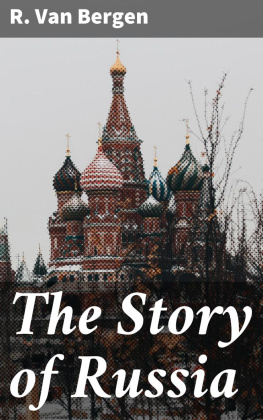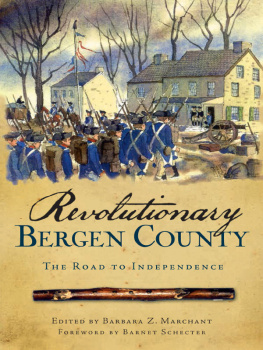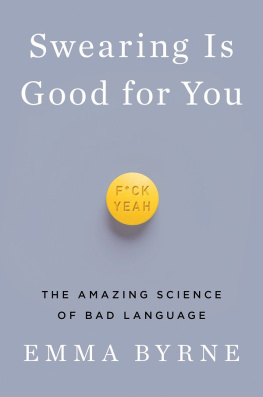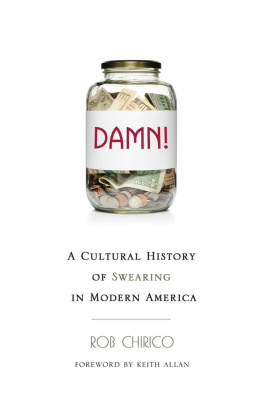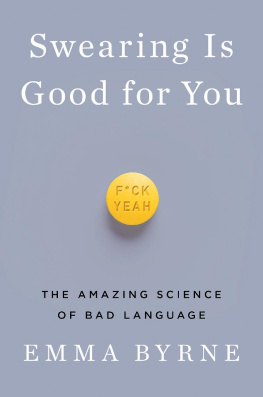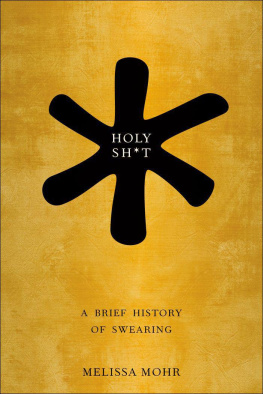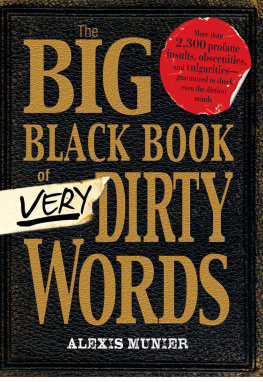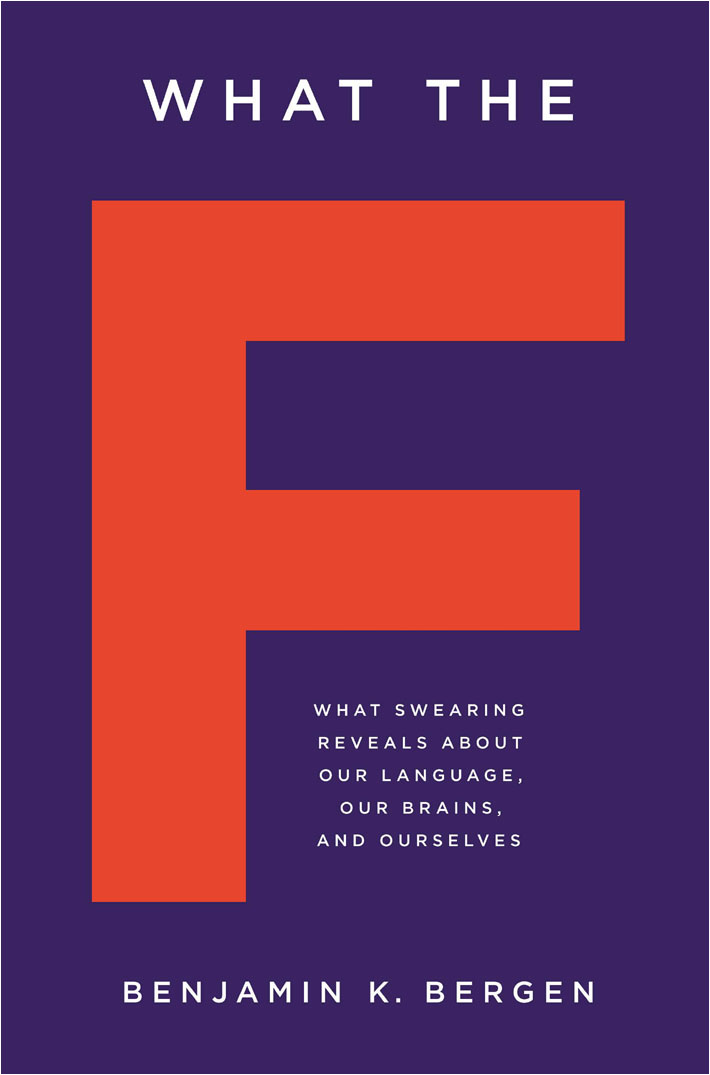Table of Contents
Guide

I began writing this book as a way to procrastinate while working on another project. Like other stalling techniques, this book soon came to occupy more of my time than what I was actually supposed to be doing. You are now holding in your hands the product of seven years of committed procrastination. Theres some satisfaction in leveraging ones own character flaws against themselves.
Although I was the chief procrastinator, this book is not a product of my making alone. Writing a book is hard in many of the ways that writing other things is hard. Words dont lend themselves easily to clarity, especially when the thoughts behind them are muddled. And I have many people to thank for helping me think and write more clearly. At the outset, I owe a debt of gratitude to my writing group collaborators: Loriena Yancura, Katherine Irwin, and Ashley Maynard. Even if its been said before, it bears repeating that laboring over each word is essential; it yields better results when you do it with other people, and you end up a better writer for it too. If we hadnt laughed so much reading early chapter drafts, I might not have stuck with the book.
Ive also been fortunate to have smart, energetic studentsmost of them now colleaguesread the book in part or in its entirety and help shape the argument, the ideas, and the writing. Thanks to Tyler Marghetis, Kensy Cooperrider, Ross Metusalem, Josh Davis, and Arturs Semenuks. I also discussed the book along the way withand got ideas that youll find in these pages fromNancy Chang, Hans Boas, Lera Boroditsky, Scott Klemmer, David Kirsh, Jawee Perla, Iris Kohlberg, Madelaine Plauch, Elizabeth Moyer, and Adam Ruderman.
Writing a book is also hard in its own particular ways. Books cover ground beyond ones area of confident expertise, and a number of experts in the various fields the books chapters touch on were kind enough to share insights into their areas of research or provide feedback on chapters. A hearty thanks to Timothy Jay, Eric Bakovic, Roger Levy, Seana Coulson, Marta Kutas, Michael Motley, Donna Jo Napoli, Michael Israel, Elinor Ochs, Piotr Winkielman, Karen Dobkins, Andrea Carnaghi, Taylor Jones, Christopher Hall, Al Schutz, Alison Gopnik, Vic Ferreira, Matthew Fisher, and Diana Van Lancker Sidtis. These people didnt merely deliver platitudes and tell me the work was fine. They told me what I got wrong, and the book is better for it. One person even held the considered and expert opinion that I got everything in one chapter wrong and said in so many words that the book wasnt worth the cost of its ink. I told this esteemed colleague that Id express my gratitude for his candor by refraining from sending him a copy of the book, and I intend to go through with that promise, but I would be remiss not to also thank Roger Lass on this page.
Books are also especially hard because they compete in a marketplace of unlike kindswith not just other trade science or nonfiction books, or even books in general, but also with basically all gift and entertainment products. So they have to be appealing, and they have to be accessible. I cant imagine anyone better equipped to take the birds-eye view and lay out the path to writing a book that will have broad appeal than Katinka Matson. She and the staff at Brockman helped craft the immature product of a procrastinating mind into something worth showing to anyone. And in the same vein, T. J. Kelleher at Basic Books has been my Charon through the production process. How fortunate Ive been to have an editor with such a very similar sense of humor and aesthetics to mine. And if I do say so, T. J. has impeccable taste.
Books are also hard to write because, concretely, doing so requires many thousands of hours. In my case, those hours were virtually all spent on the couch in my living room, many of them in long stretches. This makes the living room largely unlivable for other members of the household, not merely because of the droning electronica for focusing but also due to the inevitable squalor. I want to thank Frances for pretending that this is a normal state of affairs and for accommodating my appropriation of the living room. She has also helped me work through specific ideas, chapter organization, and writing details. She didnt write this book, but I wouldnt have been able to write it without her. Thank you to poop-machine Matthew and to the rest of my familyDavid, Karen, Dori, Ira, Joshua, Seila, Dave, Caroline, Jon, and everyone elsefor your support and love throughout.
Also by Benjamin K. Bergen:
Louder Than Words: The New Science of How the Mind Makes Meaning
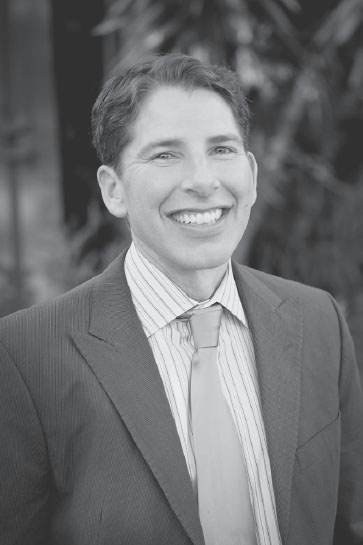
Benjamin K. Bergen is a professor of cognitive science at the University of California, San Diego, where he directs the Language and Cognition Laboratory. He is a leading researcher and teacher in the field of language and cognition, regularly publishing in the top journals in the field. He is also an active public scientist, writing for the Huffington Post and Psychology Today and appearing on NPRs Morning Edition, The Takeaway, and elsewhere. Credit: Keegan Uhl Photography
2PacDonKilluminati. (April 23, 2010). 2Pac interview with Tabitha Soren Part 1. YouTube. Retrieved from https://www.youtube.com/watch?v=ljSCZyv97FY.
Alaska Shorthand Reporters Association. (2015). Making the record. Retrieved from http://www.alaskashorthandreporters.org/index.php?option=com_content&view=article&id=6&Itemid=4.
Albrecht, H.-J., and Sieber, U. (2007). Stellungnahme zu dem Fragenkatalog des Bundesverfassungsgerichts in dem Verfahren 2 BvR 392/07 zu 173 Abs. 2 S. 2 StGBBeischlaf zwischen Geschwistern. Max Planck Institute for Foreign and International Criminal Law, p. 29.
Altmann, E. G., Pierrehumbert, J. B., and Motter, A. E. (2011). Niche as a determinant of word fate in online groups. PLOS ONE, 6(5), e19009.
American Academy of Pediatrics. (October 17, 2011). Profanity in the media linked to youth swearing, aggression. Retrieved from http://www.aap.org/en-us/about-the-aap/aap-press-room/Pages/Profanity-in-the-Media-Linked-to-Youth-Swearing,-Aggression.aspx.
American National Corpus. (n.d.). ANC second release frequency data. Retrieved from http://www.anc.org/SecondRelease/data/ANC-all-count.txt.
Apatow, J. (Producer), and McKay, A. (Director). (2004). Anchorman: The legend of Ron Burgundy. Universal City, CA: DreamWorks SKG.
Aristophanes. (1968). The clouds. K. J. Dover (Ed.). Oxford: Oxford University Press.
Aron, A. R., Robbins, T. W., and Poldrack, R. A. (2014). Inhibition and the right inferior frontal cortex: One decade on. Trends in Cognitive Sciences, 18(4), 177185.
Aubrey, A. (March 27, 2008). Why kids curse. National Public Radio. Retrieved from http://www.npr.org/templates/story/story.php?storyId=89127830.
Axtell, R. (1998). Gestures: The dos and taboos of body language around the world. New York: John Wiley & Sons, Inc.
Baars, B. J. (Ed.). (1992). Experimental slips and human error: exploring the architecture of volition. New York: Plenum Press.
Baillet, S. (2014). Forward and inverse problems of MEG/EEG. In Encyclopedia of computational neuroscience, D. Jaeger and R. Jung (Eds.), 18. New York: Springer.
Baker-Shenk, C. L., Baker, C., and Padden, C. (1979).
Next page


